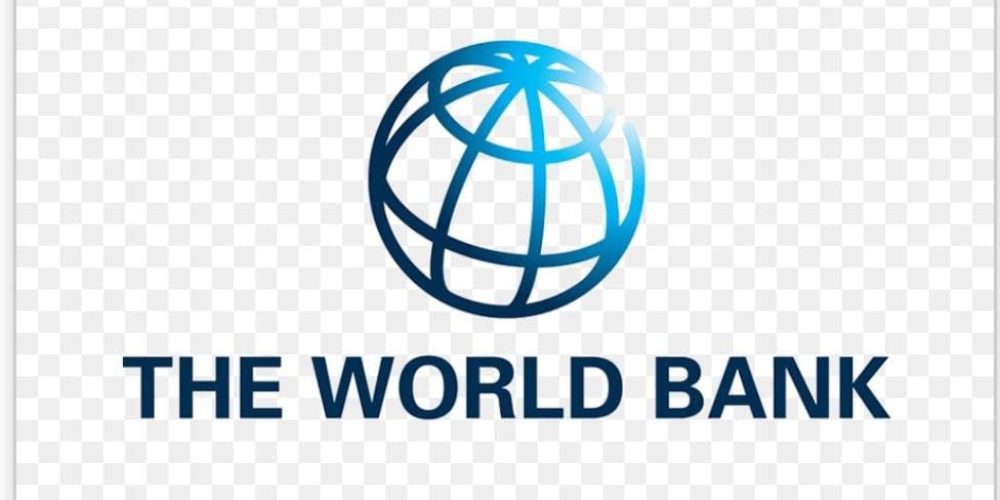The World Bank Board today approved a $74 million International Development Association (IDA) grant to enhance climate-resilient transport connectivity and agricultural market access in Sierra Leone. The Sierra Leone Connectivity and Agricultural Market Infrastructure Project (CAMIP) will support all-season connectivity and access to jobs, markets, and services, particularly in rural areas where the lack of infrastructure has been a major barrier to economic development.
“The construction of climate-resilient transport and agricultural market infrastructure is a critical step towards ensuring food security and increasing local incomes, which is in line with our government’s key priorities in the ‘Big 5 Game Changers’, especially the ‘FEED SALONE’ Agenda,” said Alhaji Fanday Turay, Minister of Transport and Aviation for Sierra Leone. “Our collaboration with the World Bank on this project is a testament to our commitment to safeguarding our economy and our people from climate risks. By enhancing our transport network and market infrastructure, we are laying the groundwork for sustainable economic growth and social development.”
The transport sector in Sierra Leone remains underdeveloped, with approximately 40% of primary roads paved, and the majority of secondary and feeder roads unpaved. The urban areas, especially Freetown, experience increasing challenges in congestion and face a huge demand for an efficient public transport system. Rural areas, often surrounded by rivers, are particularly affected with only one-third of the population having access to an all-season road network. The absence of bridges and reliance on manual cable ferries and canoes, which are often inoperable during the rainy season, exacerbate the isolation of these communities.
“Sierra Leone’s transport and agricultural sectors are critical components of the country’s economic and social development. This project will help to address the urgent need for resilient infrastructure that can withstand the challenges posed by climate change on connectivity and accessibility as well as unlock the country’s agricultural potential,” said Abdu Muwonge, World Bank Country Manager for Sierra Leone. “The partnership between ministries in the project symbolizes how integrated multisectoral approaches can yield extensive benefits for all citizens. The World Bank is committed to supporting the government in transforming this sector to meet the needs of Sierra Leoneans and to foster economic growth.”
Agriculture, accounting for 59% of GDP and 43% of employment, is a vital sector for Sierra Leone’s inclusive economic growth. However, productivity is hampered by poor connectivity and infrastructure challenges, which are further exacerbated by climate change. The project’s agricultural market infrastructure interventions are expected to stimulate the local economy, reduce post-harvest losses, and create more jobs.
“Investing in climate-resilient transport and agricultural infrastructure and market interventions is essential for stimulating the local economy and improving food security,” said Hongye Fan, World Bank Transport Specialist and Task Team Leader. “By expanding high-capacity public transport services, we are not only addressing traffic congestion but also paving the way for a greener and safer transport system. Our joint efforts with the agricultural sector ensure that investments in market facilities, rural bridges, and roads will empower farmers, particularly women, by providing them with the infrastructure needed to thrive.”
Over 3 million people in urban and rural areas, as well as institutional stakeholders, are expected to benefit directly from the project. In Freetown, over one million urban residents will benefit from improved transport infrastructure and services, while approximately two million rural people will gain from the new bridges, link roads, and market infrastructure in Bo, Moyamba, Tonkolili, and Karene districts.
The Sierra Leone Connectivity and Agricultural Market Infrastructure Project is aligned with the World Bank’s Country Partnership Framework (CPF, 2021-2026) for Sierra Leone and the Global Crisis Response Framework (GCRF), contributing to economic diversification, competitiveness with resilience. It complements the implementation of Sierra Leone’s Medium-Term National Development Plan (MTNDP, 2024-2030), which has Food Security as one of its major flagships.
Copyright –Published in print in Expo Times Newspaper on Friday, June 3rd , 2024 (ExpoTimes News – Expo Media Group (expomediasl.com)






